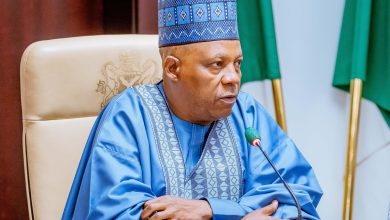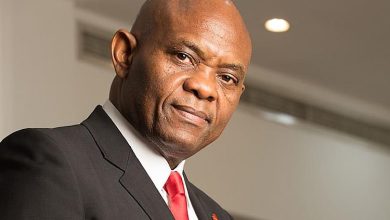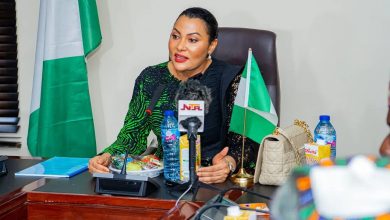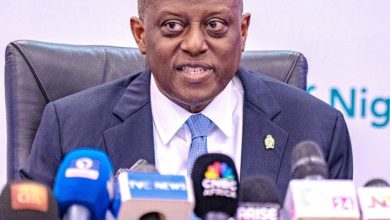World Bank Executives Visit Central Bank of Nigeria for High-Level Economic Talks
World Bank officials visited the Central Bank of Nigeria to discuss financial reforms and stability.
The meeting focused on economic policy, investor confidence, and boosting private sector development.
Senior officials from the World Bank Group (WBG) visited the Central Bank of Nigeria (CBN) on Wednesday, July 23, 2025, as part of efforts to strengthen engagement on Nigeria’s financial and economic reform strategies.
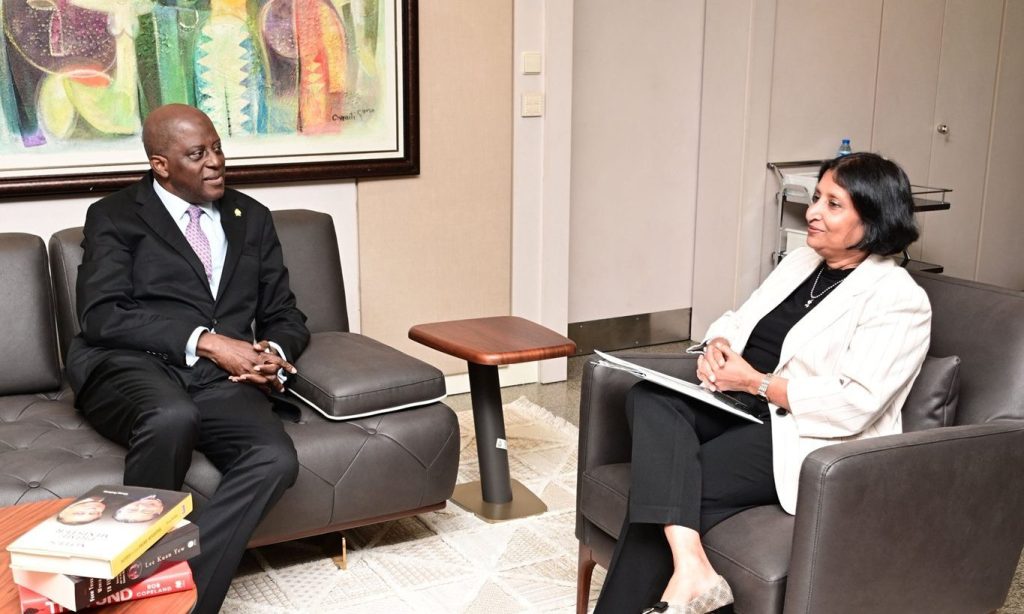
The high-level delegation included Anshula Kant, the Managing Director and Chief Financial Officer of the World Bank Group; Bertine Kamphuis, Senior Private Sector Specialist; and Taimur Samad, the World Bank’s Operations Manager for Nigeria. The team was received by the CBN Governor, Mr. Olayemi Cardoso, and his deputies, Dr. Muhammad Sani Abdullahi (Economic Policy) and Mr. Philip Ikeazor (Financial Systems Stability).
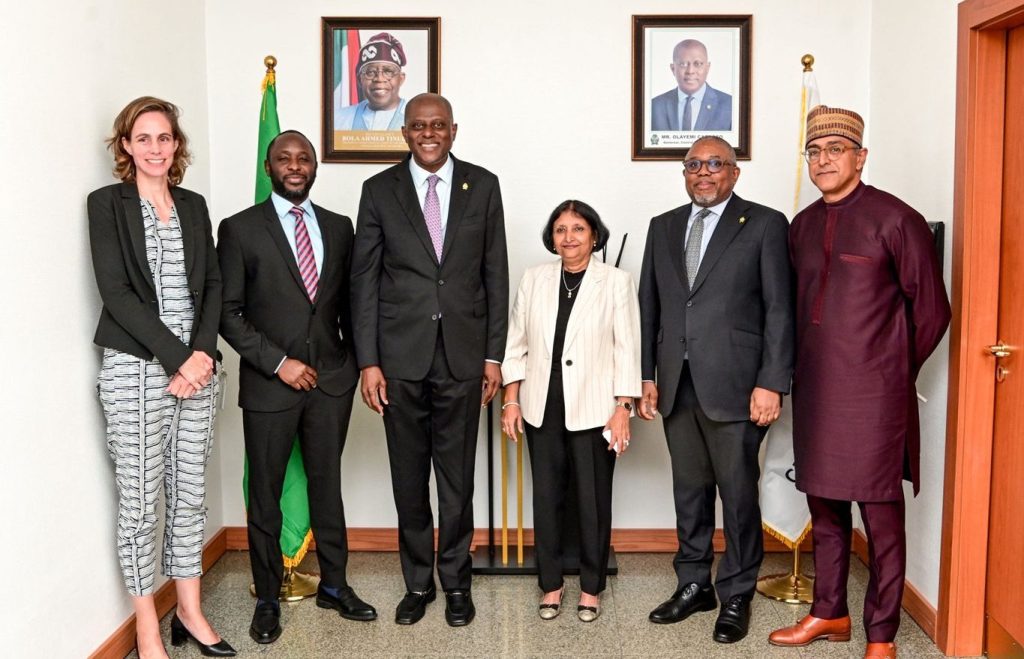
The working meeting focused on ongoing reforms in Nigeria’s financial sector, the direction of monetary policy, and efforts to enhance macroeconomic stability. The discussions also explored ways to enhance private sector development, boost investor confidence, and promote financial inclusion across the nation.
Governor Cardoso welcomed the visit as a strong signal of international confidence in Nigeria’s economic restructuring under the current administration. He reiterated the CBN’s commitment to transparency, inflation control, and a stable exchange rate regime, which supports sustainable growth.
World Bank CFO Anshula Kant praised Nigeria’s recent policy moves, noting that the institution remains ready to provide technical support, financing, and advisory services to strengthen economic resilience.
The visit is part of a broader engagement between the World Bank and Nigerian authorities aimed at aligning financial policies with global best practices and promoting inclusive development.
The Central Bank noted that collaboration with international partners, such as the World Bank, is crucial to achieving Nigeria’s long-term economic objectives, including poverty reduction, access to finance, and private sector development.
